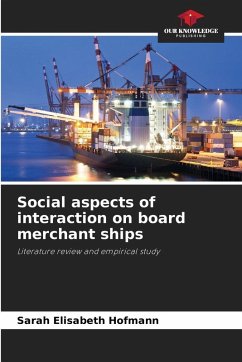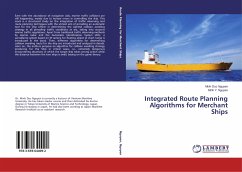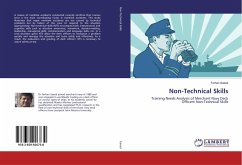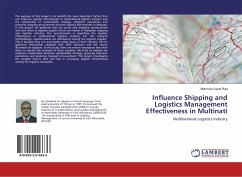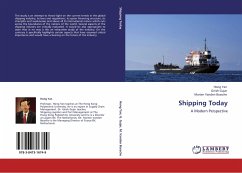Currently, the biggest challenge in maritime research is to find out how to best utilise the strengths of multinational crews and how to identify and avoid their weaknesses. The aim of this work is to compile a list of categories or aspects that influence social interaction on board and either facilitate or hinder cooperation between crews on board merchant ships. The aspects of seafaring relating to physical ergonomics, i.e. human-machine interaction, have already been well researched. However, there are major deficits, particularly in individual aspects (e.g. knowledge, culture and values) and interpersonal aspects (leadership and communication). For this reason, although this thesis considers the full range of aspects, the focus is on the less researched individual and interpersonal aspects that influence social interaction.
Bitte wählen Sie Ihr Anliegen aus.
Rechnungen
Retourenschein anfordern
Bestellstatus
Storno

